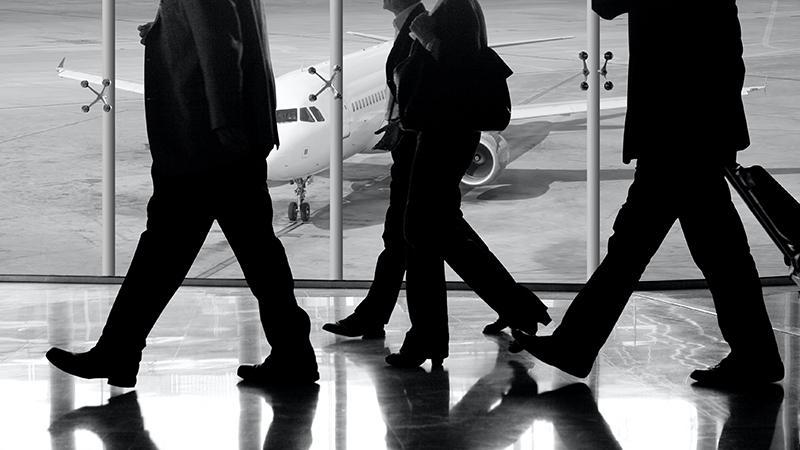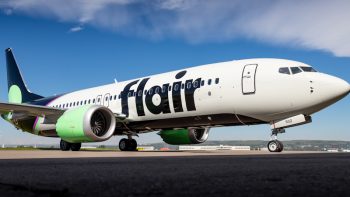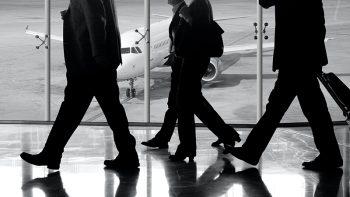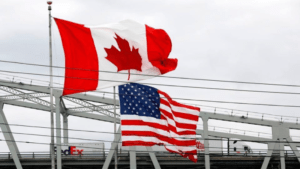
If you’re one of those people who had a flight disrupted by a hurricane or an airline strike or an IT meltdown, you’re not alone.
The second annual Travel Disruption Report from TravelPerk finds that nearly eight in 10 (78%) business travellers globally experienced travel disruptions in 2024. A full 43% faced delays of more than one hour.
The 2024 study reveals 21% of biz travellers experienced disruptions due to weather events and transport strikes.
The findings show that while overall disruption rates remain similar to 2023, the causes vary significantly by region. The highest volume of global cancellations occur in the US, with nearly 140,000 flights canceled in 2024. European business travelers say they’re the most impacted by transport strikes
Given tech meltdowns that stranded thousands of planes this summer, airline strikes (including a surprise WestJet mechanics strike) and numerous hurricanes, it’s probably not a surprise.
The significant impact of travel disruption affects business and employees, TravelPerk said. Of those polled, 41% had missed or were late for an in-person meeting with a customer due to travel disruptions, and 40% incurred additional costs such as paying for a hotel and rebooking fees.
To make up for lost time, over one-third (36%) of business travellers had to work extra hours to catch up on missed work, and 85% said that their work productivity was impacted by these disruptions. Perhaps to combat these disruptions, more and more travellers (23%) are extending their trips to stay overnight, rather than return on the day.
Regional data shows striking disparities in how different markets are affected. British and German business travellers faced the highest impact from transport strikes (27% and 29% respectively) compared to just 9% in the US. Meanwhile, US travellers experienced the most cancellations during the period analyzed (139,777 flights were canceled from March to September 2024), and the highest rate of weather-related disruptions at 30%, significantly above the global average of 21%.
And it is not just weather and strikes that are impacting travel. Shockwaves were sent through the global travel industry this July due to the IT outage caused by a Crowdstrike. In July, just 57% of flights operated with no delay.
While the US has the highest volume of cancellations, analysis of third-party flight data reveals that China now leads in terms of cancellation rates at nearly 5%, followed by Canada (3%) and the US (3%). This represents a shift from 2023, when Indonesia topped the list at 13%.

“Though each region faces unique challenges, the end result for business travellers is the same: more time spent in airports, train stations or bus depots, and fewer hours of both productive working or time at home," said Tomasz Wrzaszcz, Travel Intelligence Specialist at TravelPerk.
Despite AI advances over the past year, only 10% of travellers prefer chatbots to support them when facing disruption, with interacting directly with a human customer care agent remaining the preferred choice.
The insights are based on global research commissioned by TravelPerk in the United Kingdom, the U.S. Germany, and Spain, surveying 4,000 business travellers, as well as third-party global aviation data analyzed by TravelPerk.






